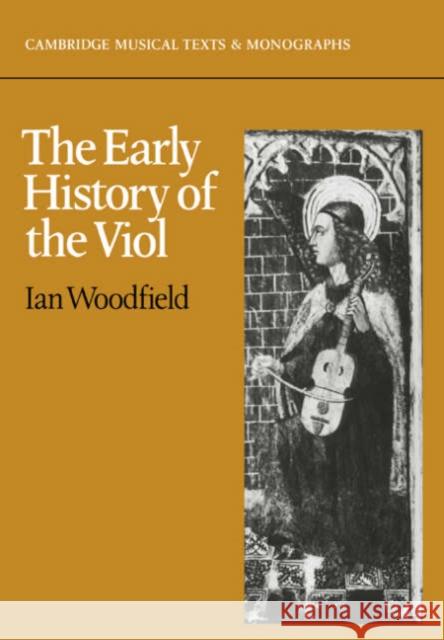The Early History of the Viol » książka
The Early History of the Viol
ISBN-13: 9780521357432 / Angielski / Miękka / 1988 / 284 str.
This book traces the development of the viol from its late medieval Spanish origins to the sixteenth century, when it became the most widely played bowed instrument in western Europe. Ian Woodfield examines the two most important ancestors of the instrument, the Moorish rahab and the vihuela de mano. From these two instruments emerged an early form of viol, the Valencian vihuela de arco, which spread rapidly across the Mediterranean during the papacy of Rodrigo Borgia. The viol was enthusiastically accepted by the d'Este and Gonzaga families and other Italian arbiters before migrating across the Alps and into the rest of Europe. The author discusses all aspects of the viol during its Renaissance hey-day: the growing perfection of viol design at the hands of Italian craftsmen; the gradual evolution of tuning systems; the development of advanced playing techniques and the wide range of music, both solo and consort. The final chapter examines the growth of a viol playing tradition in sixteenth-century England, in particular in the London choir-schools. Dr Woodfield brings iconographic evidence and an interesting approach to this study which will be of interest to musicologists, iconographers, organologists and viol players.











